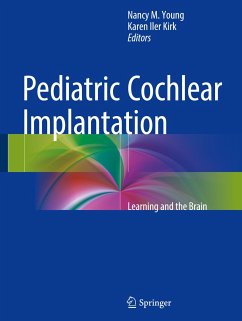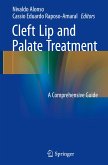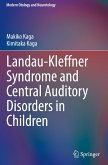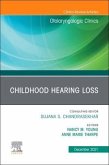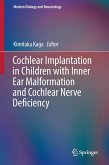This book will move the field of pediatric cochlear implantation forward by educating clinicians in the field as to current and emerging best practices and inspiring research in new areas of importance, including the relationship between cognitive processing and pediatric cochlear implant outcomes. The book discusses communication practices, including sign language for deaf children with cochlear implants and the role of augmentative/alternative communication for children with multiple disabilities. Focusing exclusively on cochlear implantation as it applies to the pediatric population, this book also discusses music therapy, minimizing the risk of meningitis in pediatric implant recipients, recognizing device malfunction and failure in children, perioperative anesthesia and analgesia considerations in children, and much more.
Cochlear Implants in Children is aimed at clinicians, including neurotologists, pediatric otolaryngologists, audiologists and speech-language pathologists, as well as clinical scientists and educators of the deaf. The book is also appropriate for pre-and postdoctoral students, including otolaryngology residents and fellows in Neurotology and Pediatric Otolaryngology.
Cochlear Implants in Children is aimed at clinicians, including neurotologists, pediatric otolaryngologists, audiologists and speech-language pathologists, as well as clinical scientists and educators of the deaf. The book is also appropriate for pre-and postdoctoral students, including otolaryngology residents and fellows in Neurotology and Pediatric Otolaryngology.
"The book targets clinicians and researchers in current and emerging practice in pediatric cochlear implantation. ... this is a comprehensive overview of the past and future of cochlear implantation. It targets audience for those specifically interested in cochlear implantation." (Ana H. Kim, Otology & Neurotology, Vol. 38 (7), August, 2017)

